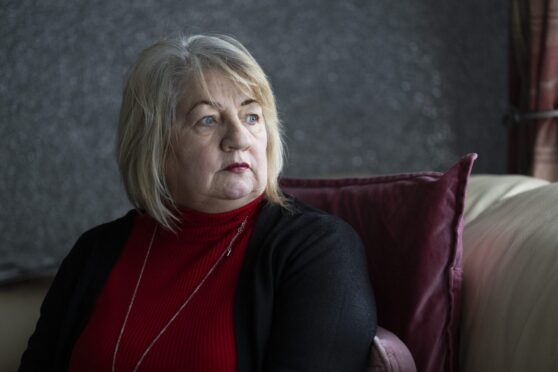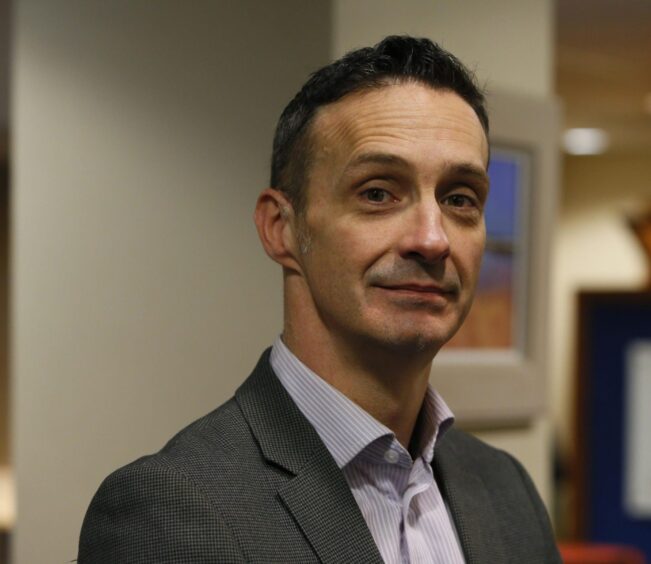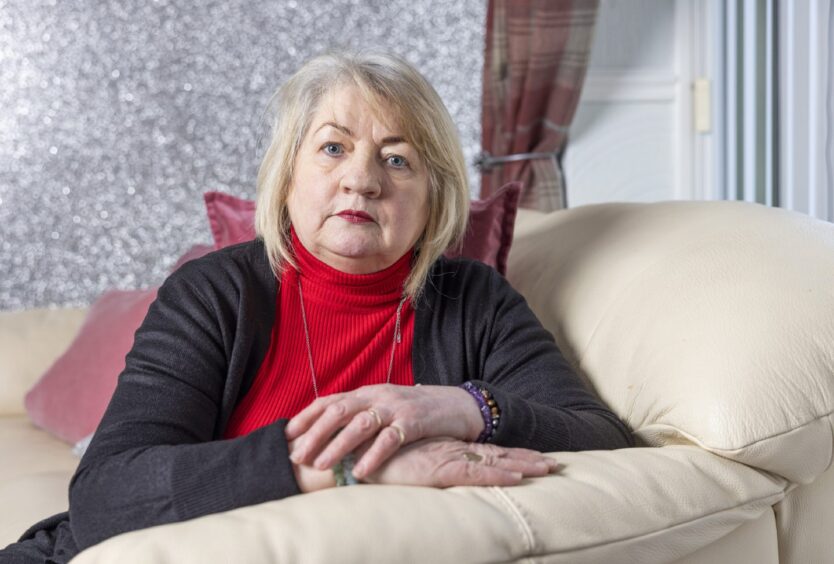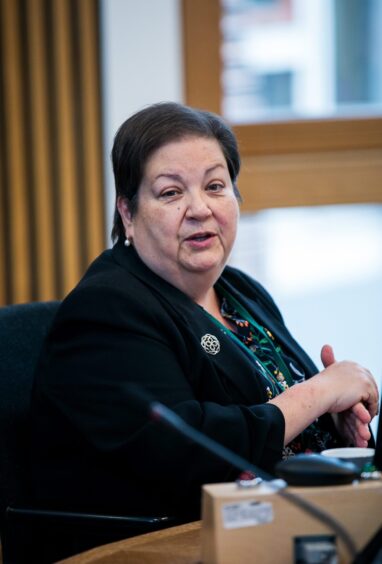
Scotland’s top medical negligence expert has warned more women are likely to have lost their lives due to the cervical cancer screening scandal.
Patrick McGuire, who heads campaigning legal firm Thompsons Solicitors Scotland, said the loss of at least three women and two others who have developed the deadly cancer after around 152,000 women were wrongly excluded from screening signals more tragic loss is “highly likely”.
Meanwhile Women’s Health Minister Jenni Minto has now revealed that 358 women were found to have been incorrectly excluded from the programme after 1,500 cases were first reviewed three years ago.
Maguire, managing partner and solicitor advocate who led legal action for mesh-injured women said so many women have called with concerns, their office has opened a helpline.
He said: “A major set of NHS blunders in their cervical screening programme left hundreds of thousands of women unnecessarily at risk for years.
“Despite knowing about these risks for three years, the Scottish Government and health boards have still only reviewed half the records of women who were wrongly removed from cervical screening programmes.
“So far, the government have admitted there are three women they know about who have tragically lost their lives and a further two who have developed cancer.
“When you look at the numbers of women still to have their cases reviewed and undergo screening where necessary, sadly it is highly likely that others may lose their lives or develop cancer as a result of these blunders.”
A series of mistakes
Women across Scotland who have undergone a hysterectomy since 1997 are affected by the series of mistakes.
Thousands of women who were given a partial hysterectomy were wrongly removed from the screening programme.
Those women will have been living unaware they might still be at risk.
The Scottish Government initially said just 400 women were affected. But the number rose to 1,500 a year later.
Last week we exclusively revealed the number of cases now under review had shot up to a shocking 152,000. But so far, just 87,000 have been contacted. Women are now being seen for new screening tests, but it is still taking a further 10 weeks for test results.
McGuire said: “Women we have heard from are deeply concerned and are rightly saying the government response has not been nearly adequate or quick enough and may have compounded the risk and exposed more women to unnecessary prolonged treatment as a result.
“We set up a helpline as women and their families are clearly upset and worried.”
This is just one of a number of high-profile negligence cases Thompsons have taken on, including transvaginal mesh implants, asbestos deaths, those affected by the contaminated blood scandal, and families whose health has been affected by mould in housing.
McGuire said: “The cervical cancer screening scandal is yet another shocking example of an inadequate response to women’s health issues.”
Scottish Labour Deputy Leader Jackie Baillie has called out the government, raising a series of questions in parliament.
Minto said: “The individuals affected are considered to be at a lower risk of being excluded incorrectly. However, given the seriousness with which both the NHS and Scottish Government view the matter, the audit was agreed to ensure confidence in all remaining exclusions.”
Thompsons Solicitors Scotland helpline: 0800 0891 331
‘I must wait five years to see if I have cancer’
Rachel Cannon has been left “in tears of frustration and fear” after being called to return for cervical screening every five years despite being told decades ago that she had undergone a full hysterectomy.
The grandmother, 61, from Bathgate blew the whistle on the cervical cancer scandal last week after being called for a cervical smear test 21 years after she had a “full” hysterectomy.
A Sunday Post investigation discovered Rachel is one of over 152,000 Scottish women caught in a series of NHS blunders which wrongly excluded them from being part of the national cervical screening programme.
She said: “This leaves me even more traumatised than the first letter informing me that blunders may have been made. My mother developed cancer in her 40s, but my aunt Rachel died from it just two weeks after being diagnosed, so there’s a family risk for developing this deadly cancer.
“Am I now expected to spend a further five years worrying if I could develop cancer? The very least victims of this scandal deserve is to be told the truth… now!”
The letter states: “Your sample was tested for high-risk human papilloma virus (HPV which we did not find. Your result means that you do not need to go for a further screening test for five years as your risk of developing cervical cancer over this time is very low).”
‘Why have women had to wait three years to be informed?’
Dame Jackie Baillie has praised the “campaigning journalism” of The Sunday Post for exposing the screening scandal.
Addressing the Scottish Parliament this week, Scottish Labour’s deputy leader and spokesperson for health and social care said: “The problem of women being wrongly excluded from the screening programme was first reported to parliament in 2021.
“Why have women had to wait three years to be informed? “Why was the delay not reported to this parliament?
“And why have we only found out the extent of the government’s failures thanks to the campaigning journalism of The Sunday Post?”
.@jackiebmsp raises @ladymcbeth2's brilliant front page exclusive in this week's @Sunday_Post on women being excluded from cervical screening.
At-risk patients are still being identified three years after the scandal was revealed. pic.twitter.com/oPyrybUC46
— Derek Healey (@DerekHealey_) February 6, 2024
Later, Dame Baillie added: “SNP secrecy reaches new heights and under this government, women’s health is simply a not a priority.”
Responding to the comments, the minister for public health and women’s health, Jenni Minto, said: “The Scottish Government takes the matter as seriously as possible.
“We are working closely with health boards to ensure that the audit covers the correct number of people.
“There have been some reasons why the work has slowed down, such as the development of new information technology systems and clinical pathways.”
She added: “It is important that we do the work thoroughly and with a degree of caution to ensure that we find all the women who are affected.”

Enjoy the convenience of having The Sunday Post delivered as a digital ePaper straight to your smartphone, tablet or computer.
Subscribe for only £5.49 a month and enjoy all the benefits of the printed paper as a digital replica.
Subscribe
 © Jamie Williamson
© Jamie Williamson © Andrew Cawley
© Andrew Cawley